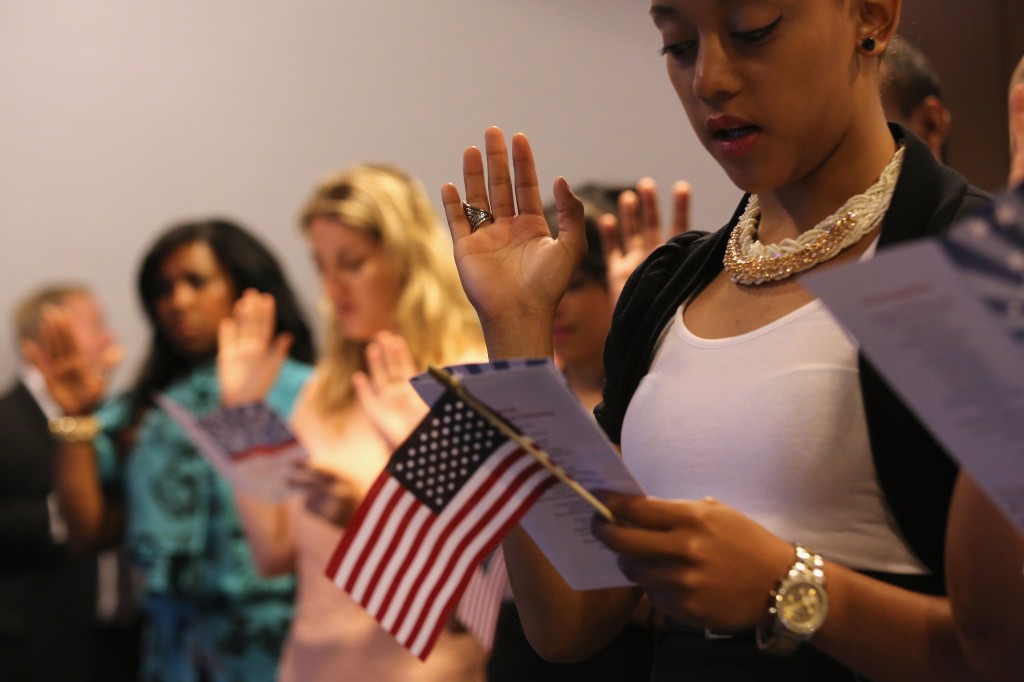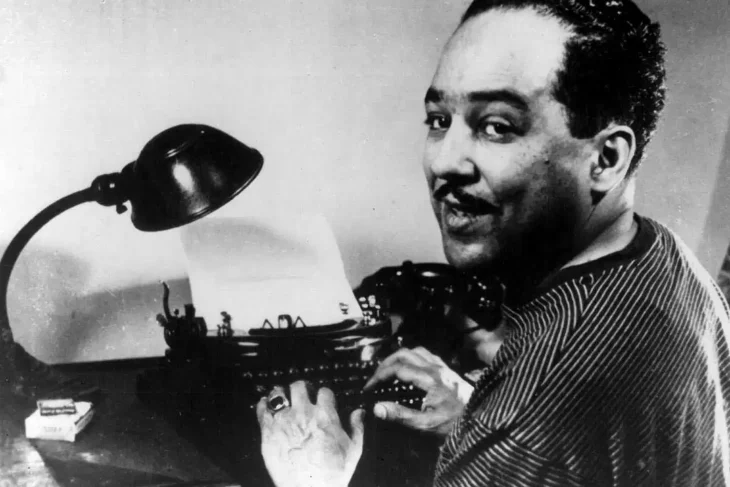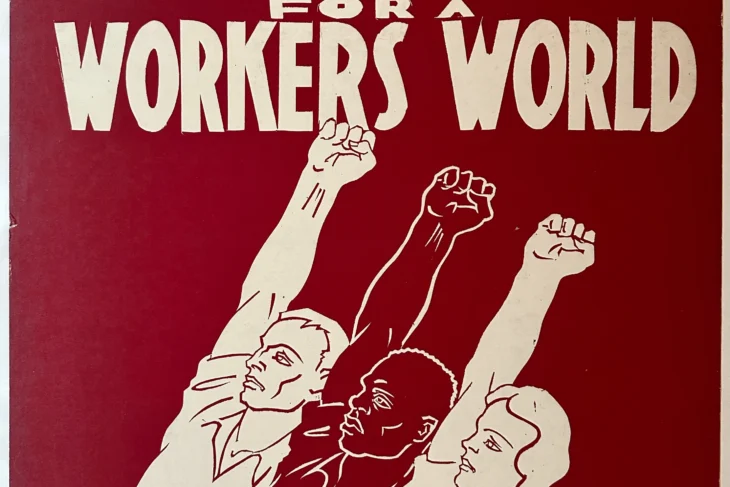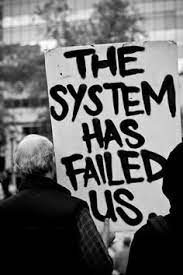
On a fairly regular basis, on the calendar of the US Federal Government, many individuals who are welcomed into American society are given the privilege to raise their right hand and to recite the following words, “I hereby declare, on oath, that I absolutely and entirely renounce and abjure all allegiance and fidelity to any foreign prince, potentate, state, or sovereignty, of whom or which I have heretofore been a subject or citizen; that I will support and defend the Constitution and laws of the United States of America …”
If those were not uttered with a great sense of pride, devotion and optimism, they were, perhaps, said with a tremendous sense of relief that all of their immigration woes and uncertainties were now fully behind them. But these are different times. Everyone who took or is soon to take that oath must think again.
The Trump Administration made its disdain for immigrants of colour from third world countries known. It was also clear that it had intended to use the might of the Federal Government to limit or prevent the inflow of such people into the United States, and to encourage people from European nations. The former president asserted that all, if not most, of the social ills occurring in the country, including crime and terrorism, were due to those who came in from third world countries. And so, an audit was to be conducted, post haste and with vigour, of the statuses of all naturalized citizens.
Such a process is routine, even under previous administrations, for citizenship statuses that were granted based upon fraudulent claims to be presented and argued before the courts before revocation. However, one would have supposed otherwise from the stance taken by former President Donald Trump and his right hand man in that dubious quest, Mr. Stephen Miller.
Though many more have taken advantage of naturalized citizenship lawfully, than those who have abused it, one would never have thought so from the attitude of the previous administration about the need for an escalation of such legal reviews. Such a call not only gave rise to concerns about abuse of power and the victimization of the innocent, but it also cast aspersions on the patriotism, competence, and professionalism of all who labour tirelessly at the Department of Homeland Security. And so, the legal claims of all immigrants within this new white, right-wing, nationalistic fervour now sweeping the land all fall under a pall of suspicion.
Solemn oaths, fighting and being wounded for this country, and paying one’s taxes faithfully be damned. Why? Because the hue of one’s skin is too dark, a malady that is exacerbated by one’s accent. And still, there is another challenge for all naturalized citizens which looms during this time of social unrest.
With increasing talk about the prospect of a civil war, all immigrants — whether permanent residents or naturalized citizens — will be forced to choose sides. They will find themselves in a similar position as the early American colonists who were thrust into a situation where they either had to remain loyal to the British Crown, which was the established authority at the time, or to take up arms against the same with “the rebels” in the cause of “freedom.”
Can one remain neutral in such a fight? And if one reckons that such a position is, indeed, possible then what would that look like within the light of the Constitution for those who took an oath to “support and defend” it? If one determines that neutrality is an impossibility in that event, then what would taking up arms with those who felt that the election of 2020 was stolen mean?
All that having been said, does one understand the stipulations of the Constitution, because one cannot wisely and effectively defend what one does not know nor understand. The truth of the matter is that many Americans, even those who were born here, have not studied nor comprehended the ramifications of this document in its fullness. It is one thing to pull an amendment here and another there, as one would in a buffet restaurant, and seek to fashion an interpretation of the whole by only focusing on one or two from the whole which best suit one’s own private agendas. But as with the proper exegesis of the Bible, theologically speaking, every facet must be examined within the scope of the entire document.
Everything is connected and shares in the history of its creation and praxis. Anybody, therefore, can pick a fight claiming constitutional rights, but would such a fight be just?
In an article posted online in 2017, it was stated that “Many Americans are poorly informed about basic constitutional provisions, according to a new national survey by the Annenberg Public Policy Center.” The annual Annenberg Constitution Day Civics Survey found that: “More than half of Americans (53 per cent) incorrectly think it is accurate to say that immigrants who are here illegally do not have any rights under the U.S. Constitution; More than a third of those surveyed (37 per cent) can’t name any of the rights guaranteed under the First Amendment; Only a quarter of Americans (26 per cent) can name all three branches of government.”
The article went on to state that: “‘Protecting the rights guaranteed by the Constitution presupposes that we know what they are. The fact that many don’t is worrisome,’ said Kathleen Hall Jamieson, director of the Annenberg Public Policy Center(APPC) of the University of Pennsylvania.”
In the event that one chooses to fight with “the rebels” and that they should be victorious over the Federal Government, what would the new constitution look like? Will there even be a constitution? What rights might one lose or what freedoms might one gain? The probability of either a complete revamping of the Constitution as it now exists or a total repudiation of it is quite high.
In the Civil War, the Confederacy drafted and ratified its own constitution which, of course, enshrined and underscored the rights of its citizens to purchase, own, use and leave slaves as inheritance for their children. Citizenship for people of colour now, whether native or foreign born, would likely be out of the question, in addition to everything espoused in the Bill of Rights of 1791.
And so, it behooves anyone who would fight for “the rebels” in 21st Century America to become aware of their platform or goals well in advance.
A person might consider fleeing up north and across the Canadian border, or hightailing it back to one’s native land, but how would such actions comport with the oath that was taken at one’s naturalization ceremony? Would running suggest that one considers one’s self a conscientious objector or a refugee and, if so, does it release one from the vow that he or she had made? Should the Federal Government, in such a time as that, decide to reinstate military conscription and one seeks to “dodge the draft”, one is liable to be imprisoned for not less than five years and fined US$10,000. One only needs to recall the case of Muhammad Ali, who was born in America and who, on April 28, 1967, denied his call for military service citing religious reasons. He was convicted of draft evasion, stripped of his heavyweight boxing title, suspended from boxing, sent to prison and fined.
Whether one chooses to fight for one side or the other, or to remain and assert one’s neutrality, who would be classified as a traitor? U.S. law states, “Whoever, owing allegiance to the United States, levies war against them or adheres to their enemies, giving them aid and comfort within the United States or elsewhere, is guilty of treason and shall suffer death, or shall be imprisoned not less than five years and fined under this title but not less than $10,000; and shall be incapable of holding any office under the United States.” These are all things that naturalized citizens should consider?



